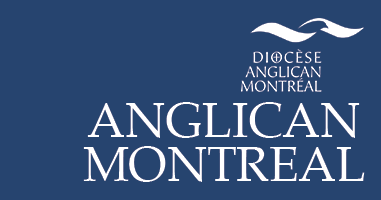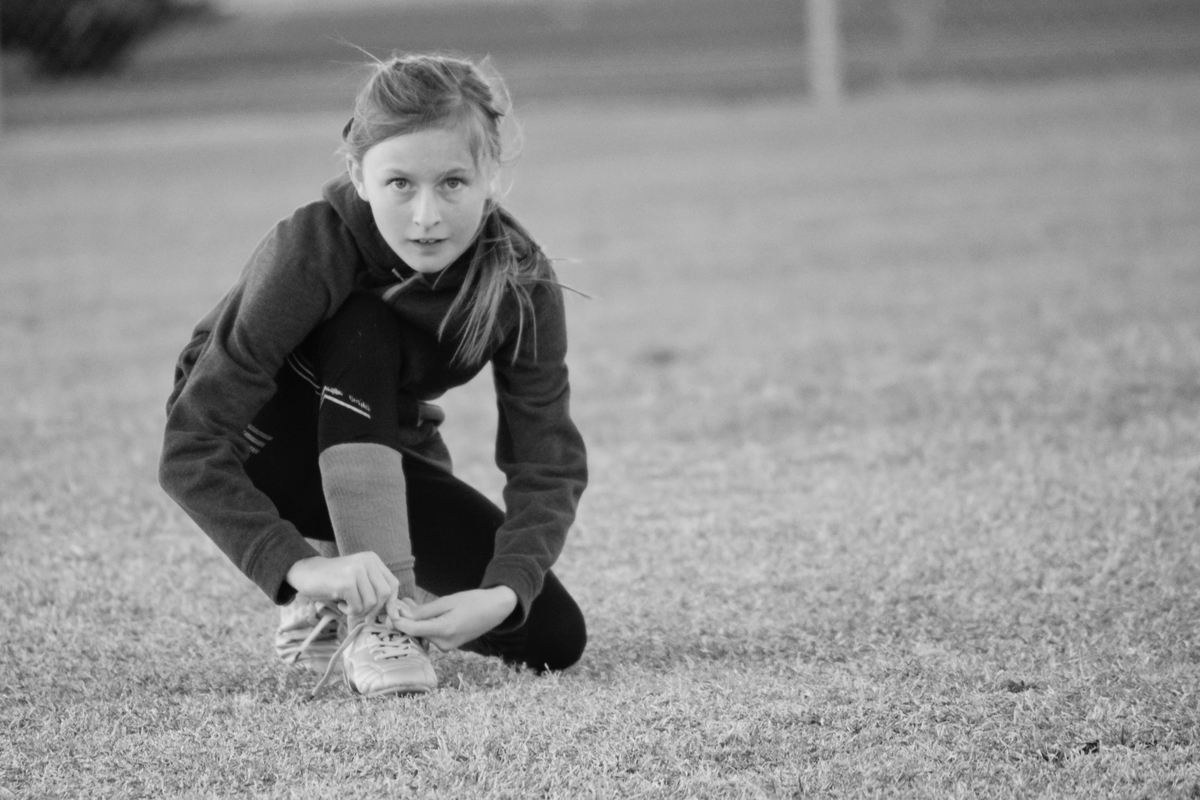Mirror mirror on the wall who is the fairest of them all? When you look in a mirror what do you see? Do you see your strength, love, gifts and beauty – or do you see your flaws… what could be fixed or improved? How often have you gazed at your reflection and not criticized what was looking back at you?
Now imagine you are a girl between the ages of ten to fourteen. What do you think she sees when she looks in a mirror? Do you think she sees all her potential; how beautiful God has made her?
A young girl’s world is full of tension; she feels the pressure of balancing home life with friends, while trying to understand who she is and who she wants to be. All this while trying to discern the expectations of society.
Statistics show girls are struggling to find their footing. According to the Canadian Women’s Foundation:
• 36% of sixth grade girls say they are self-confident, but by grade ten this plummets to 14%.
• 12% of girls aged twelve to nineteen say they have had a major depressive episode.
• Suicide remains the third-leading cause of death for girls aged ten to fourteen.
• According to The Canadian Association of Women in Sport, the majority of girls quit sports by the age of fourteen due to poor body image, lack of self-esteem and self-confidence.
To help address these issues, last fall Phoenix Community Projects provided a program called Play Like a Girl. Sixteen girls in grades five and six participated in weekly workshops that explored the themes of boundaries, self-esteem, communication skills, problem solving and goal setting.
To support the learning goals, each workshop was paired with a sport that exemplified each lesson. For example, self-defence was paired with boundaries, and Rugby with the theme of facing challenges. Participants also tried a paralympic sport called goalball which supported the lesson of perspective and active listening.
The purpose of this program was for participants to find new interests, nurture their love for themselves and develop resources to use in their continued journey in the sporting world as well as in their lives. It has also provided a safe space for girls to have fun and be themselves.
Engaging in community service or outreach is not an easy task. It takes a great deal of work, commitment, patience, resources and – most of all – partnership. Often, when parishes reach out to the community it is with the hope that it will attract new parishioners and sustainability. This is not the purpose of community outreach. Community service is just that – SERVICE – not what we can get, but what we give.
In any new initiative, it can be difficult to know where to begin. An easy formula to remember is SOAR.
S-Strengths
When initiating an outreach project, it is important to start from a place of strength. What is your church good at? What does your church community enjoy doing? Does your church possess talents for food/hospitality, age specific programs (children, youth, seniors), pastoral care, advocacy? By starting from a place of strength a church is truly sharing the best of themselves.
O-Obstacles
In the same manner churches must discern what obstacles they routinely face in their endeavors? Do you have in-fighting, uncommitted volunteers, volunteer exhaustion, communication issues? What are those things that create challenges or even sabotage your efforts?
A-Assess
It is critical to understand what is already taking place within your local community. By doing so you will see where the support gaps are. At the same time many community organizations are already doing a great deal. By understanding what is available within our communities, instead of starting new projects, we can support local initiatives.
R-Relationships
Community partners are the most essential element to any initiative. They possess knowledge of our communities, know the best approaches and can help guide initiatives to success.
The success of Play Like a Girl was due to the support of Phoenix’s community partners. Funding was provided by the Women in Sports fund of the Canadian Association of Women in Sports. A venue was provided by St. Margret’s of Antioch Church in St. Hubert. Workshops and sports training were provided by Alpha Contact, Goalball Referee Association, Celtic Junior Rugby Association of the Montérégie and VTMTL Wing Chung Kung Fu. Finally, the program was promoted through the Canadian Learning Centres.
Community service is not a one-organization responsibility. We cannot do it alone. It is only by understanding our strengths, obstacles, assessments and relationships that we can SOAR together. If your parish is interested in community outreach, Phoenix Community Projects can support you in this process.
Finally, this month, Play Like a Girl will again be offered on Sundays 3pm-5pm at St Margret’s Church in St Hubert. Go to www.phoenixprograms.ca.


